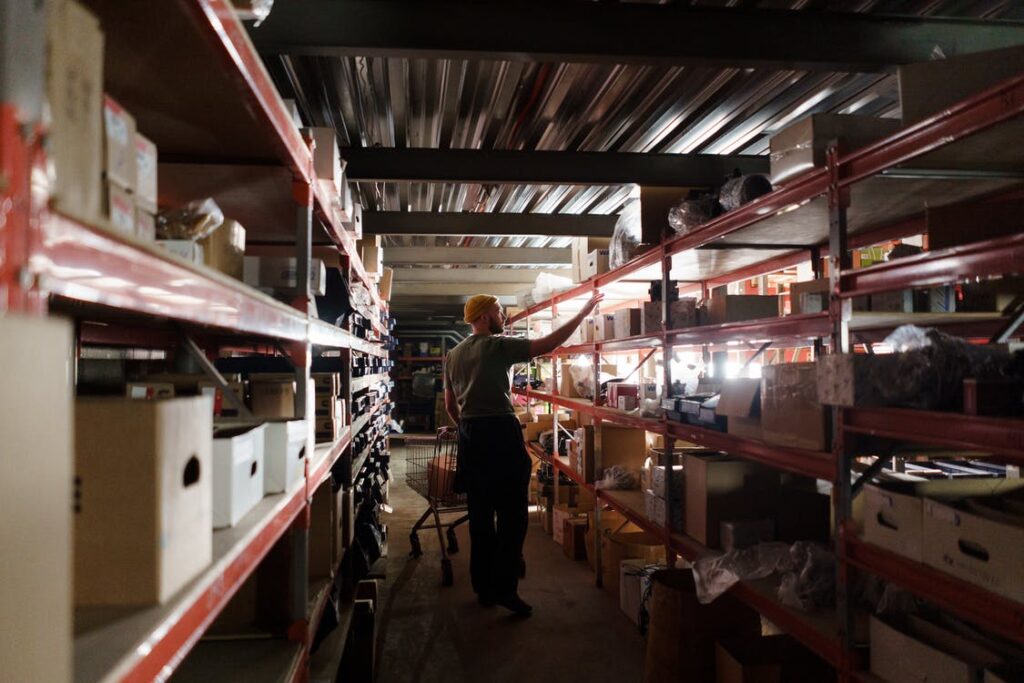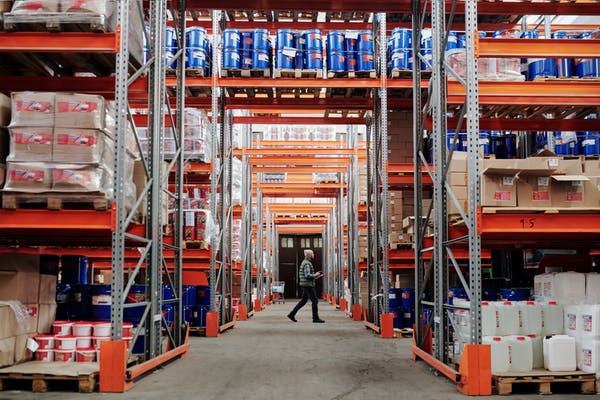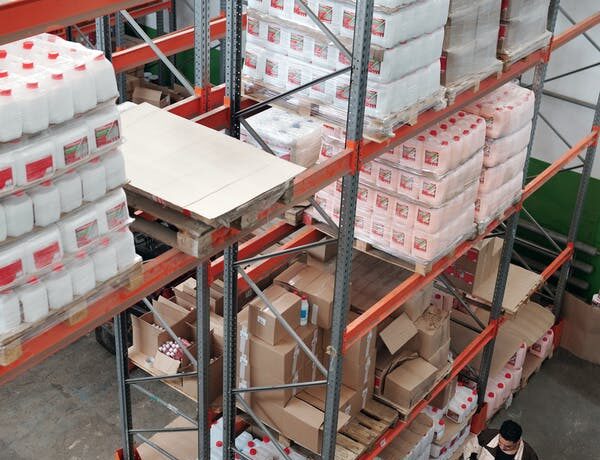We must first comprehend the definition of logistics before we can define warehouse logistics. The meticulous planning, organization, management and execution of complicated processes may be summed up as the simplest definition of logistics. Logistics include the movement of both tangible things and information in various industries, including warehousing.
Thus, warehouse logistics includes all the various intricate aspects of warehousing’s organization, motionsand management. This involves the movement of tangible inventories as well as more intangible goods like time and knowledge.Logistics for warehouses might also include handling damaged items, safety regulations, human resource management, customer returns, and pest control. In other words, warehouse logistics refers to all the rules, guidelines, and administrative equipment required to maintain efficient warehouse operations.

Organization is a common logistics difficulty in warehouses: Simply put, how can you get precise control over a place the size of a warehouse?You must, nonetheless. You must be able to locate a specific inventory item, the pallet that allegedly contained a food item that had expired, or the truck that transported a product that had been damaged during shipping. These controls are crucial for efficient operations and strong profits, but they are incredibly difficult to implement without the right tools.
Beyond these immediate issues, warehouse challenges also include risk management, security, human resources, cost controls, inventory management and supply chain management. How therefore can you keep sufficient offers to satisfy clients, maintain enough flexibility to remain competitiveand also exercise enough controls to safeguard your income streams? These are the issues that warehouses are currently confronting.
There is no denying that warehouse managers have a lot to do. Fortunately, you also have increasingly useful, highly potent tools at your disposal to assist you in meeting the demands of your warehouse, your employees’ needs and the expectations of your clients.Advanced warehouse management systems like Warehousing and logistics provide you with real-time insight into your warehouse and allow you and all of your staff the tools they need to run it profitably, effectively and efficiently.

It is undoubtedly necessary in today’s warehousing in addition to being a surefire technique to optimize warehouse logistics. Warehouse management systems manage entire warehouse operations, from inventory control and management to order fulfillment, going beyond an inventory control system. Todaya lot of WMS include mobile features, allowing your warehouse managers and staff to use the system from a smartphone while on the road.Your warehouse runs more effectively when operations are smooth, inventory is accurately tracked, the right item is supplied at the right time, stock is replenished as needed, picking errors are few and all people, processesand systems are functioning as they should. There are fewer mistakes and issues, which leads to increased revenue.
The logistics of a warehouse are dynamic. They alter in response to your physical requirements, your inventory, your workforce, and any other variables they regulate. The efficient running of warehouse operations ultimately depends on vigilance, appropriate training, and evolving policies, even while you can employ tools and procedures to help manage and oversee warehouse logistics.





